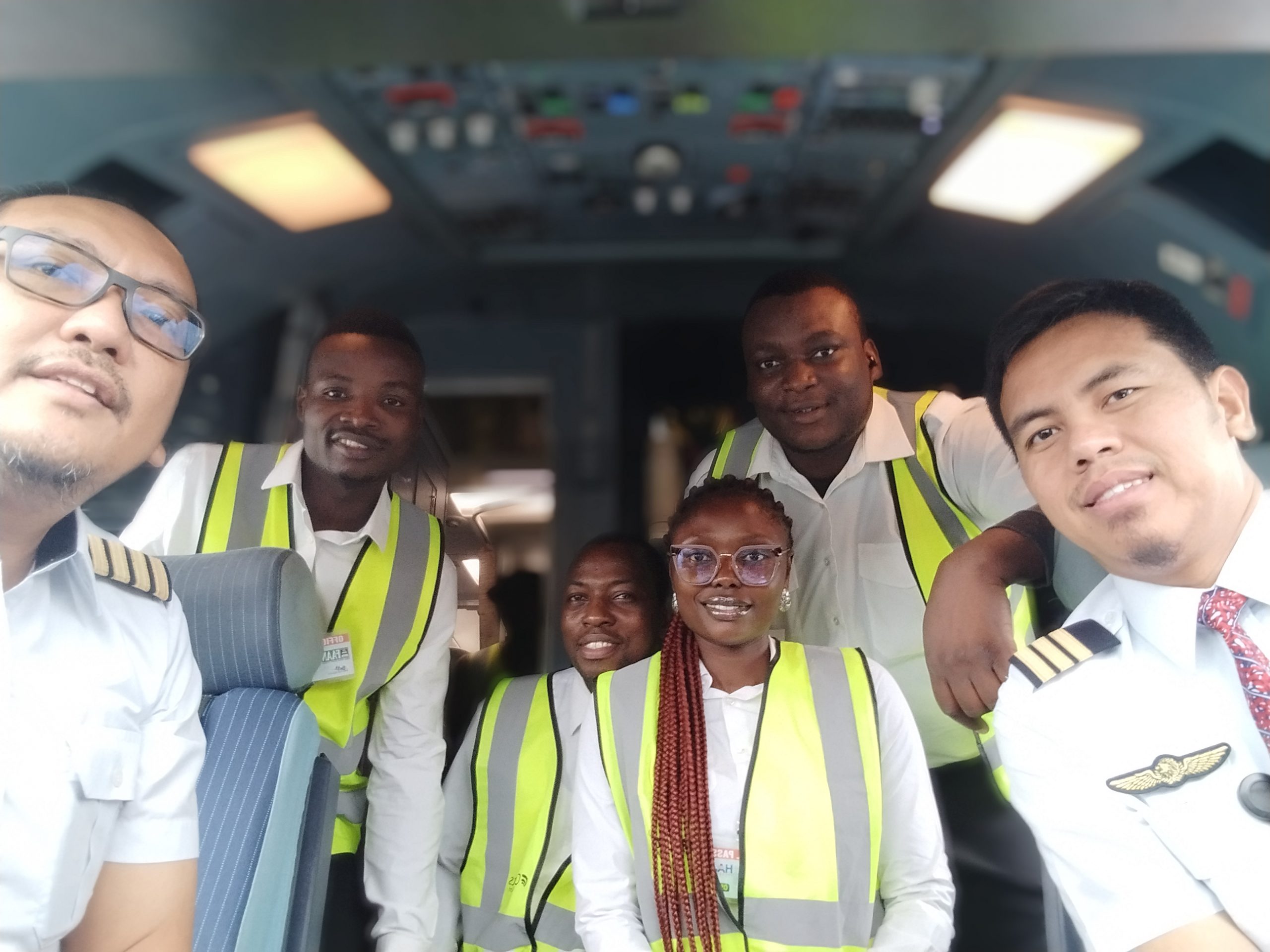linkedin.com/in/shadrachswantekambai

Flight dispatchers play an essential role in ensuring the safe and effective operation of aircraft in the fast-paced world of aviation. They are in charge of coordinating with pilots, air traffic controllers, and ground personnel to ensure seamless departures and arrivals. While technical competence and understanding of aviation rules are necessary for this profession, people management abilities and excellent hygiene practices boost the effectiveness of their work and truly distinguish great flight dispatchers.
Effective Communication
This lies at the heart of a flight dispatcher’s responsibilities. They must convey critical information to pilots, such as weather updates, flight plans, and any changes in routing or procedures. Clear and concise communication is essential to ensure that all parties involved are on the same page and can respond appropriately to any challenges or emergencies that may arise.
Exceptional Organizational Skills
Flight dispatchers must possess exceptional organizational and multitasking abilities. They are often responsible for managing multiple flights simultaneously, monitoring flight progress, and adjusting plans as needed. This requires a keen attention to detail, the ability to prioritize tasks, and efficient time management skills. A skilled flight dispatcher can seamlessly handle unexpected events or disruptions, making real-time decisions to minimize delays and ensure passenger safety.
Strong Interpersonal Skills
Flight dispatchers must possess strong interpersonal skills. They often interact with diverse stakeholders, including pilots, cabin crew, ground staff, and air traffic controllers. Building positive working relationships and fostering effective teamwork are essential for the smooth coordination of flight operations.
Good Posture and Maintain Cleanliness
Since flight dispatchers spend extended periods seated at their workstations, it’s important to practice good posture and maintain cleanliness in their immediate surroundings. Regularly wiping down their workstations, computer keyboards, and telecommunication devices with disinfectant wipes helps to keep surfaces clean and minimize the risk of contamination. Also, they should wash their hands thoroughly with soap and water before and after handling any flight-related documents, equipment, or communication devices. Hand sanitizers can be used as a backup when soap and water are not readily available.
- ✈️ How Commercial Airlines Boost Nigeria’s GDP
- Error Management Techniques in Flight Operations
- Safety and Schedule Integrity in Airline Operations
- Why You Must Come to Nigeria for Business and Tourism
- Managing Airline Passenger Expectations
Maintaining a Clean and Neat Appearance
Another crucial aspect of personal hygiene for flight dispatchers is personal grooming. Maintaining a clean and neat appearance, including proper hair care, trimmed nails, and wearing clean and professional attire, contributes to a positive and respectful work environment. Additionally, flight dispatchers should prioritize their own well-being by adopting healthy habits. Getting adequate rest, eating nutritious meals, staying hydrated, and incorporating regular exercise into their routine can enhance their overall physical and mental health, which in turn positively impacts their job performance.
Conclusion
While technical knowledge is essential, invaluable people management skills, prioritizing cleanliness, proper grooming, and overall well-being of flight dispatchers make them indispensable in the aviation industry. Their ability to communicate effectively, multitask efficiently, adapt to changing circumstances, and collaborate with diverse teams ensures the safe and efficient operation of flights, making them unsung heroes in the skies.






Awesome! Great job